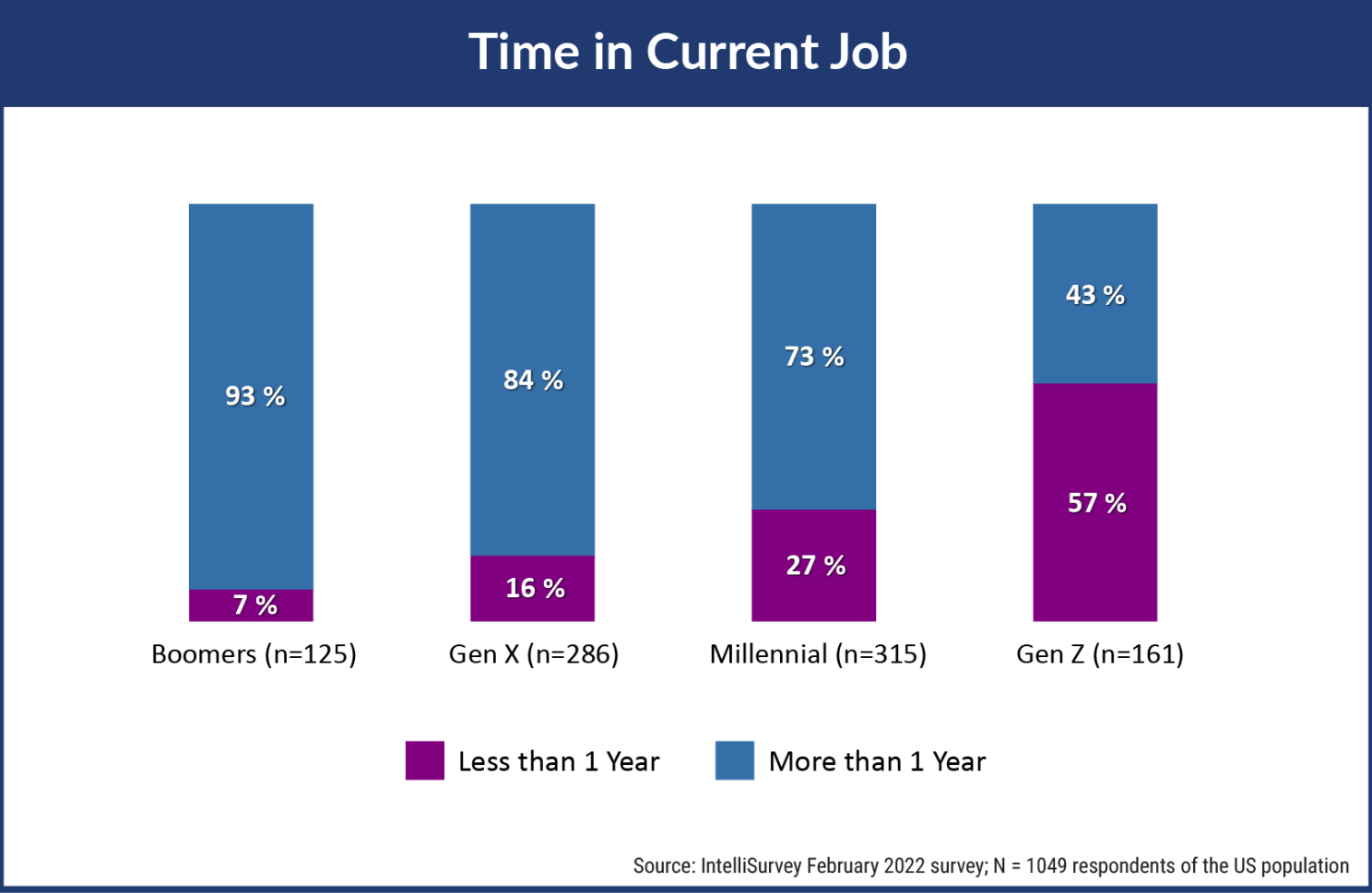Have you ever dreamed of pursuing a different career? The idea can be both exciting and a little scary. But if you’ve pondered taking that leap, you might be wondering is it too late to switch careers now, or where would I start? The recent pandemic and the ”Great Resignation” have led many workers to contemplate making a change. A survey revealed that, “62% of those interviewed stated the COVID Pandemic made them reprioritize how a job fits into their life,” instead of the other way around (AARP April/May 23). Many people began working from home and discovered a whole new lifestyle with significantly reduced stress levels -yes, even including the occasional all-day pajama bottoms. No judgment here!
For those who are 50+, and have contemplated embarking on a completely different path, Michael Clinton, author of “Roar into the Second Half of Your Life,” suggests that having a new career in your 50s, which would have seemed almost impossible a generation ago, has now become a major reality (AARP April/May 23). You can start a whole new career at 55 and have that career for 20+ years. This resonated with me, as it confirmed that it’s never too late to pursue our dreams. The only person who can make us feel truly stuck is ourselves.
Whether you’re ready for a change or change was handed to you by means of a recent layoff, here are a few simple steps to help you make progress toward your goal:
1. Self-Reflection and Goal Setting
Take the time to reflect on your hopes, dreams, and goals. Often, you can find exciting opportunities within your own company by shifting internally. Alternatively, consider redeploying your existing skills and continually honing your current valuable traits. If you’re in a relationship, honor your partner or family by keeping lines of communication open and seeking their support for your goals. Stay realistic and take things one step at a time.
2. Research & Exploration
Start by writing down potential career paths you may be interested in and then learn about the processes and requirements to pursue those paths. For example, if you’re considering project management work, research relevant courses or certifications you can take.
3. Strategic Planning
Break your goals into smaller daily tasks that continuously move you forward. Avoid setting goals that are too lofty, as they may discourage you. Give yourself grace and time to take gradual steps towards your desired career.
4. Action
Put your plans into motion. Sign up for a class related to your new venture, attend networking events in your target field, make new connections on LinkedIn, explore job fairs, and consider volunteering to gain experience and expand your network. Work with recruiters as they have already trailblazed some important connections.
5. Adaptability and Resilience
Navigating a career shift is not always a straight line. Be prepared for setbacks, rejections, and unexpected challenges. Embrace a growth mindset and view obstacles as learning opportunities. Seek support from mentors, career coaches, or support groups who can provide guidance and motivation. I heard the most brilliant piece of advice a few years back, when you’re going through a difficult situation, or a big change do two things every day: Do one thing that’s scary (push yourself) and do one thing that comforts you. We often forget about self-care in this fast-paced world, and I have since valued that important reminder.

Embarking on a new career path can be both transformative and empowering. Instead of only asking “What happens if I make a career shift?” also ask “What happens if I don’t?” (Fortune.com 2022). It’s never too late to pursue your passions and find professional fulfillment. So, take that leap of faith and trust in yourself to create the future you envision. Remember, what’s next is up to you.
Job Search Resource Center: https://www.itmotives.com/resource-center/


